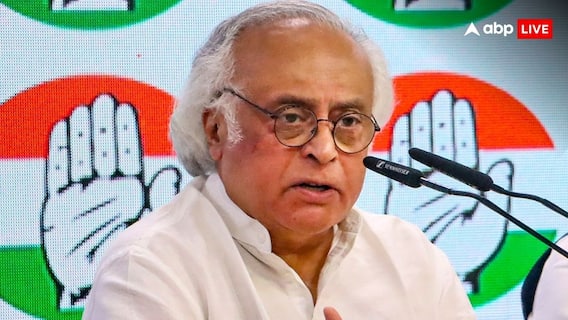China's growth miracle has run out of steam, says expert

London [United Kingdom], Nov.22 (ANI): Gross Domestic Product (GDP) growth must not be seen as an indicator of China's underlying economic performance, a Beijing-based economic theorist and financial strategist has said.
In an article appearing in the Financial Times, Michael Pettis, a professor at Peking University and an associate at the Carnegie Endowment Foundation, said, "Piling up unsold and unsaleable goods or building empty airports may boost GDP in an economy whose financial system does not recognise bad debt, but it does not measure its performance."
Pettis said that it is erroneous on the part of analysts to "assume that changes in reported GDP reflect movements in living standards and productive capacity. In China, however, this is not the case."
He said most economies have two mechanisms that force GDP data to conform to underlying economic performance - (1) Hard budget constraints which set spending limits, drive companies that systematically waste investment out of business before they can substantially distort the economy, and (2) A market-pricing factor in GDP accounting that when bad debts caused by wasted investment are written down, the value-added component of GDP and the overall level of reported growth is reduced.
"In China, however, neither mechanism works. Bad debt is not written down and the government is not subject to hard budget constraints. It is the government sector that is mainly responsible for the investment misallocation that characterises so much recent Chinese growth," Pettis said.
He suggests that President Xi Jinping's new administration plans to rein in debt by abandoning the country's long-term economic targets and allowing gross domestic product growth to fall may come unstuck because "GDP growth is not the same as economic growth".
In China, he says reported GDP growth has been overstated
"Were it correctly written down, by some estimates GDP growth would fall below 3 per cent," he adds.
He says that Japan too suffered from a very low consumption share of GDP and an over reliance on investment that, by the 1980s, veered into substantial misallocation.
In the early 1990s, Japan's reported GDP comprised 17 per cent of the overall global total, and few doubted that its soaring economy would become the world's largest by the end of the century. Instead, once credit growth stabilised, Japan's share of global GDP began to plummet, and has since fallen by nearly 60 per cent.
So also it was in the case of the former USSR. It grew so quickly after World War II that by the late-1960s it comprised 14 per cent of global GDP, similar to China today, and was widely expected to overtake the United States. But two decades later, its share of global GDP had fallen by more than 70 per cent.
1980s Japan and 1960s Russia lacked mechanisms to account for wasted investment in reported GDP.
"The implications are clear. China's growth miracle has already run out of steam. It is only by allowing debt to surge that the country is able to meet its GDP targets. This may be why President Xi has been eager to stress more meaningful goals." (ANI)
This story has not been edited. It has been published as provided by ANI
Trending News
Top Headlines





























